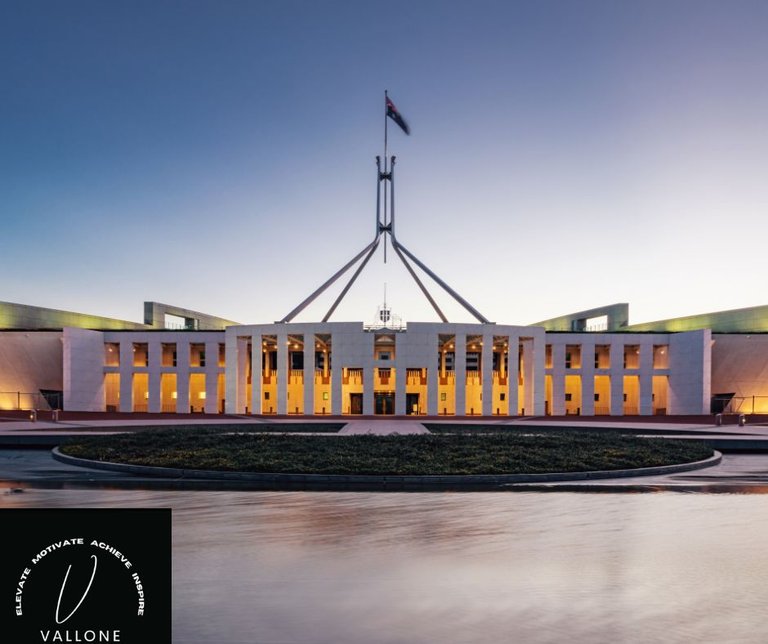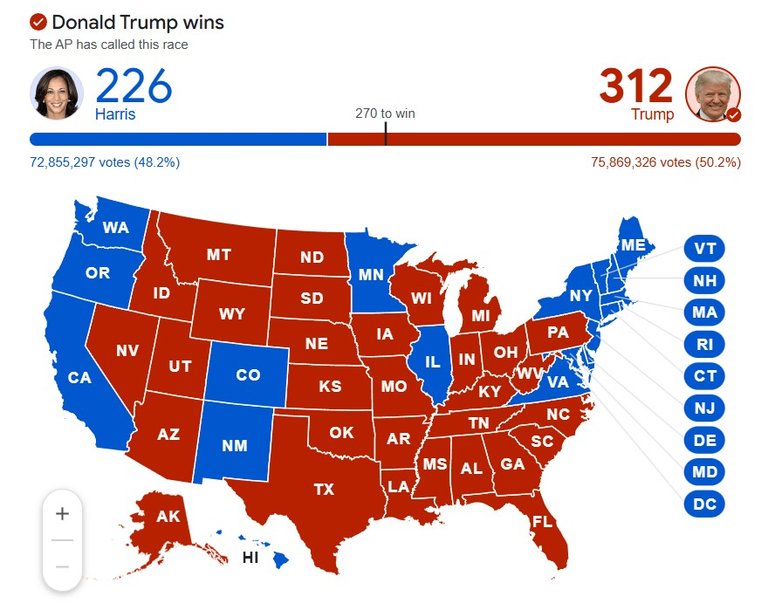
How The Productivity Push Has Impacted Politics and People's Expectations
For years businesses, companies and worksites have made a push for increased productivity from their workers. The current shift in workplace demands for heightened productivity increasingly mirrors the demands that voters place on elected officials. Just as companies push employees to achieve more in shorter timeframes, voters expect immediate, visible results from their representatives.
This impatience with delayed benefits or long term promises has amplified, particularly in an era where quick responses and measurable outcomes define success both in the workplace and in politics.
Modern work environments emphasize efficiency, often measured by output metrics like productivity scores and time spent on tasks. In a similar vein, the political landscape has evolved to hold representatives accountable for measurable impacts within their terms. As political science research suggests, electoral cycles and the threat of re-election push legislators to prioritise popular policies that will yield tangible benefits in the short term, as opposed to more gradual or structural changes.
Studies indicate that legislators adjust their efforts to meet these demands, often by choosing more popular, visible activities during election periods to secure re-election, which may sometimes compromise the quality of long term policies.

Politicians, CEOs and Leaders At Risk of their own success
The drive for productivity in both spheres also arises from an increase in expectations for transparency and accountability. Just as employers monitor performance through productivity tools, the public closely tracks legislative progress and voter feedback loops, particularly through social media. The high accountability environment has created a culture where representatives need to demonstrate productivity, often by providing immediate outcomes, which in turn makes long-term or controversial projects harder to pursue.
Additionally, the disparities in political access and economic inequality also feed into this productivity cycle. Studies show that groups with stable resources and higher political access wield more influence in pushing for immediate policy benefits that favour their economic class, contributing to a feedback loop where quick gains are prioritised to meet these demands.
In Australia we can see this take form in the "cultural wars" that have grappled our nation and many western nations. Federal Level politics is beginning to move away from bread and butter issues for quick wins but cause havoc long term and to the people they are trying to help. As seen in the Same Sax Marriage debates and the Voice Referendum. These item's should never have been thrust onto voters as they have no benefit nor loss so the funds spent on them and time was a waste.
This focus on immediate action further side lines policies aimed at reducing inequality or benefiting marginalized communities, which often require sustained investment over time to produce results.

The Woke Wars
Woke was once a term used solely to focus on left leaning policies but it now expands to both left and right and electorates are getting tired of it. Woke is no longer about advocating or supporting marginalised communities but more so a position of privilege and power. We're seeing upper and middle-class groups fighting over who can help disadvantaged communities the most.
However, they're doing more harm than good by thrusting issues and private matters into the public realm where they do not belong. Costing tax payers around the world billions in lost money, money that could have gone directly to the cohorts to support education, employment and housing.
It has also become a profitable business for the middle upper classes where countless polls, research, projects are conducted to find out what marginalised communities want. As if we are some kind of alien species that are foreign to the power bases. Politicians once saw woke wars as quick runs on the board while they may have worked for both sides at the start a decade in and things have gotten worse.
Trump Ignored Everyone and Won
Now regardless of your thoughts and opinions of Trump he learned from his first election and his first defeat, we didn't see that same bible bashing, eagle catching or aggressive presidential candidate we saw the first time around. (albeit remnants of him still exist but it has to as it's part of the persona or act).
What we saw is Trump effectively avoid Woke cultural wars and pretty much told everyone equally he doesn't care. Now this position rings true to the marginalised communities and a sigh of relief.
You might be thinking his policies or positions on items may hurt women, LGBTIQ, marginalised communities more, and well we can't just blame Trump for that there have been many governments and politicians around the world throughout history he have done worse. But marginalised communities are over having their lives turned upside down and constantly thrust in front of T.V's and news.
The mental health strain to have your life constantly debated in the news when you're just trying to live your life is much harder and intrusive than some of the most draconian policies we've seen throughout history.
People just want to get on with their lives and suffer peacefully and not be thrust at the forefront especially when the woke issue battles don't help put food on the table, roofs over houses, kids in school. It just makes everything worse.
(I am not a supporter of Trump I am a political enthusiast and enjoy the political spin, campaigns and tactics employed by all sides and run my own stats, analysis and data sets)
images created by me on Canva Pro subcription.
Posted Using InLeo Alpha


